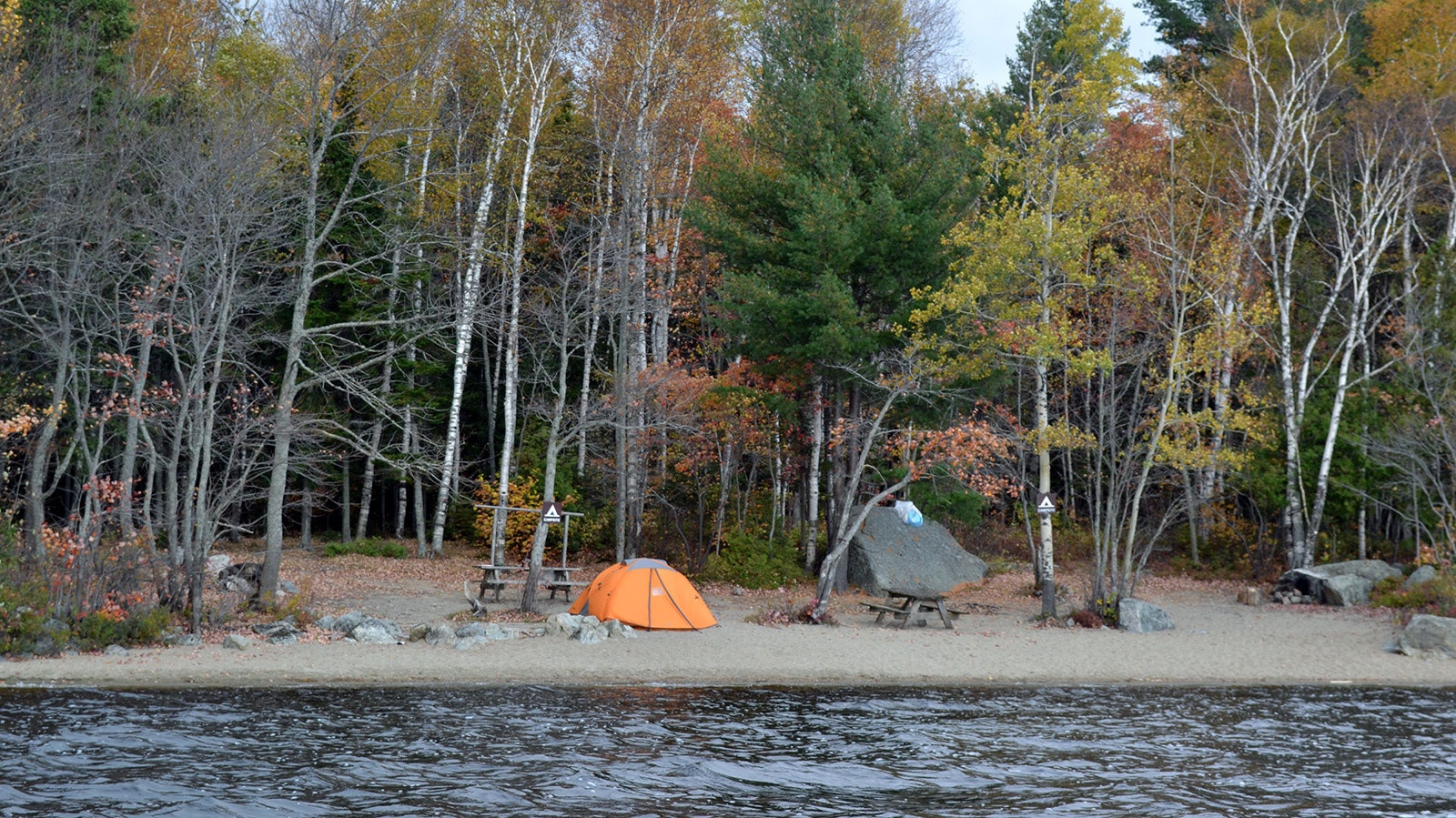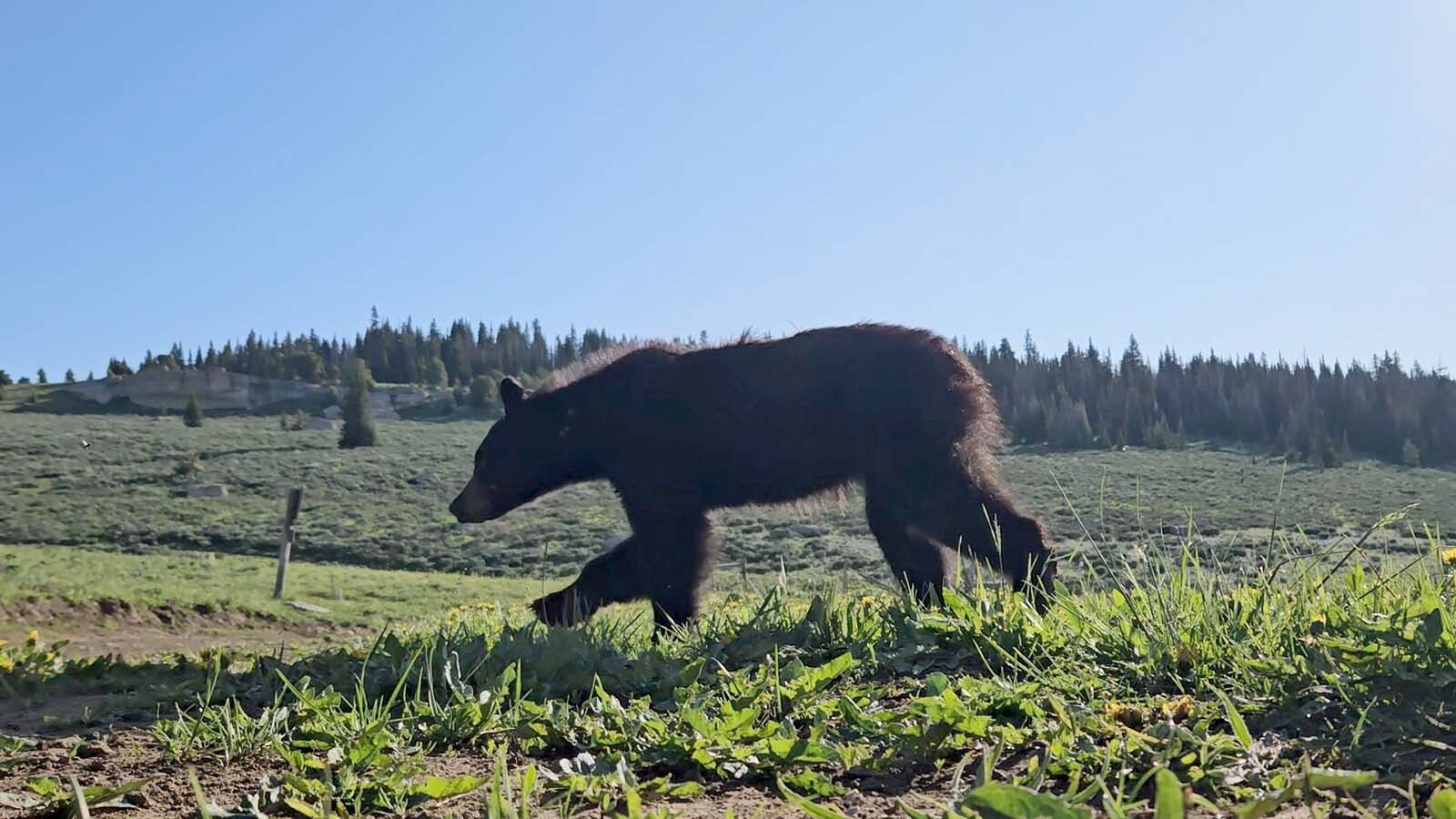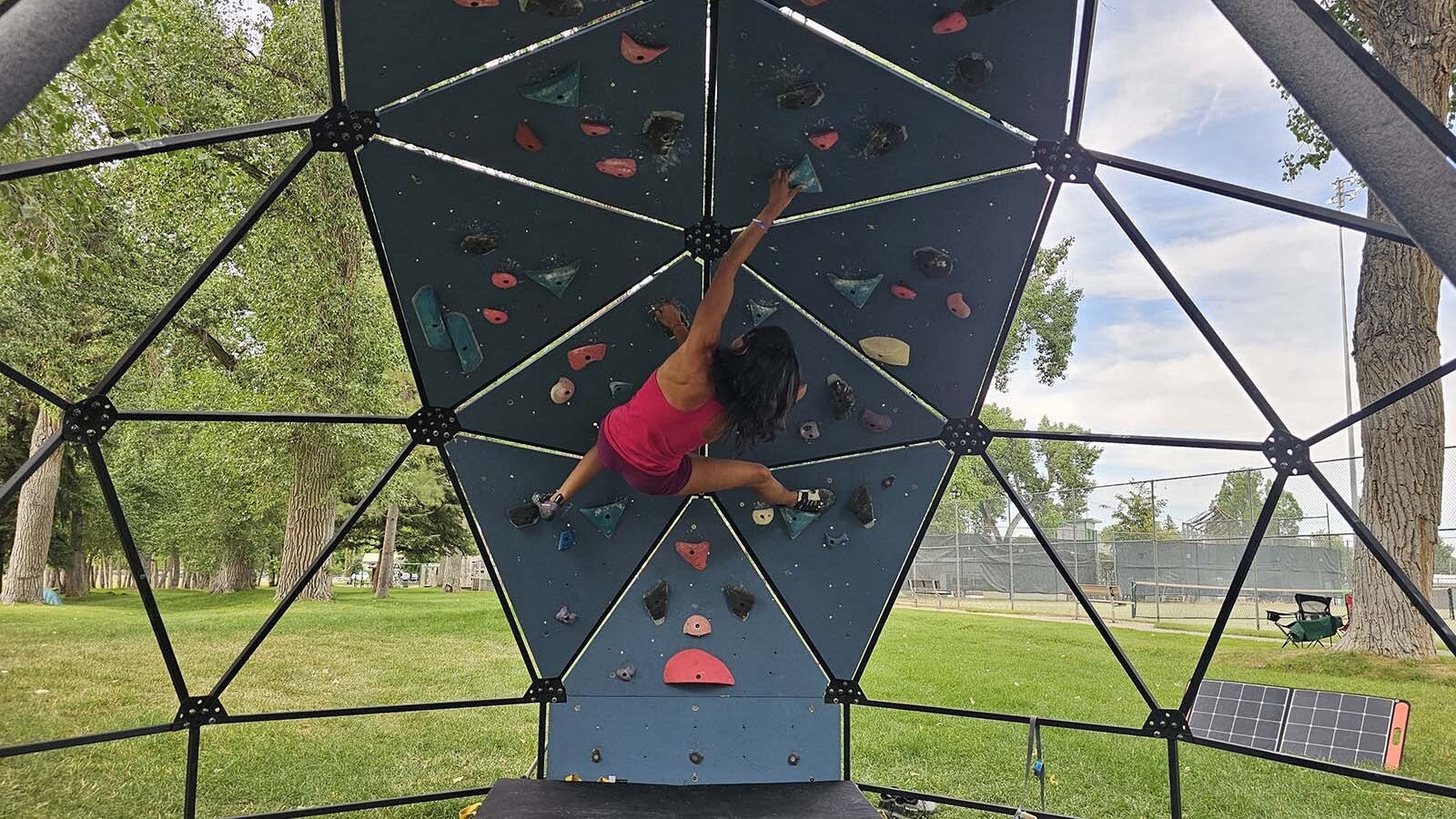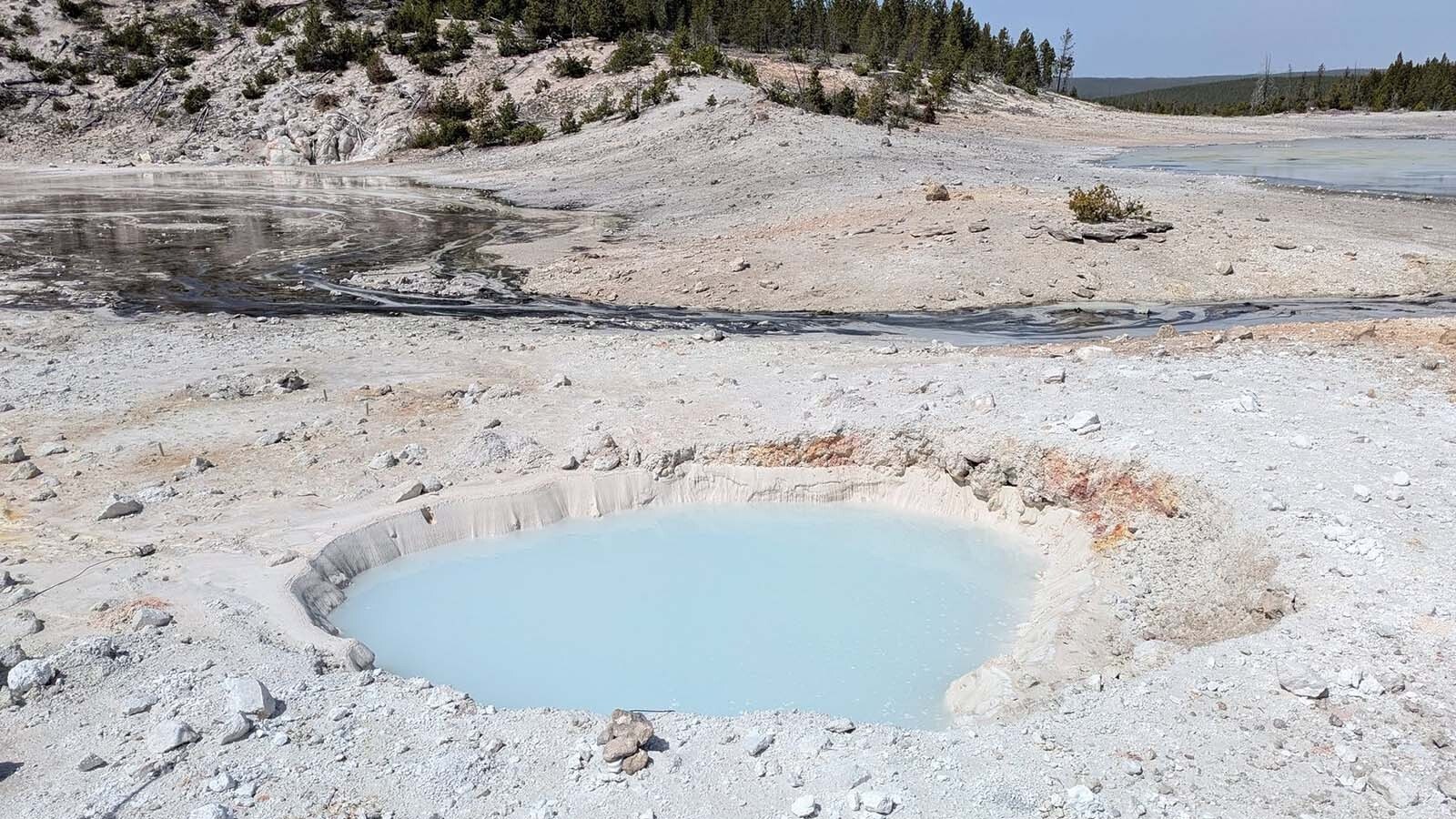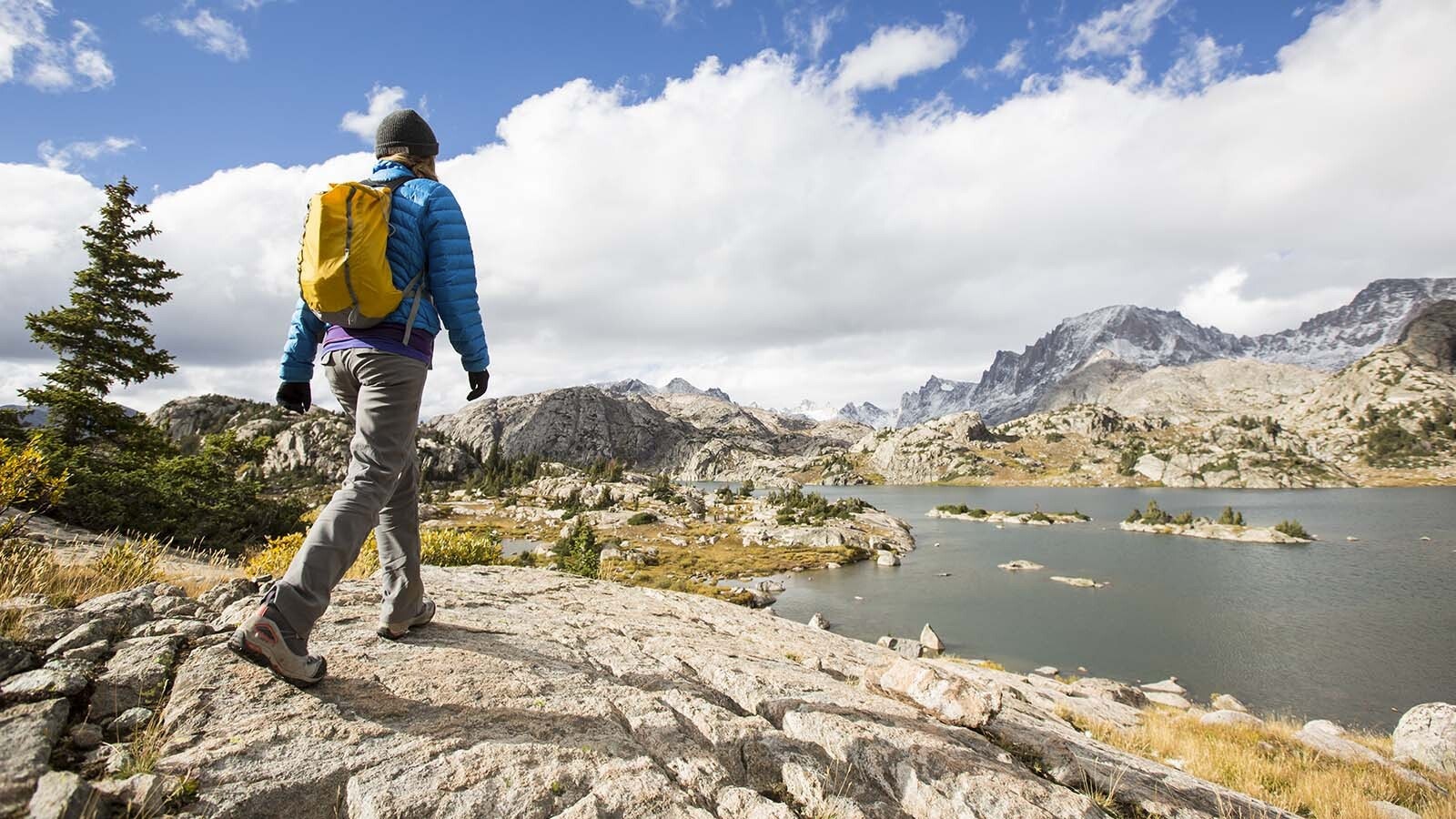Wyoming and Maine share much in common, such as vast stretches of remote wild country, abundant wildlife and a thriving outdoors culture.
What they might not share so much are abandoned campers or people squatting in campsites well beyond their set time limits.
Those are ongoing problems in Wyoming and across the West, some camping enthusiasts recently told Cowboy State Daily.
So why isn’t as big a problem in some parts of Maine?
Probably because that state has long engaged in private-public partnerships to help keep campsites cleaned up, a retired land manager who ran one such program in Maine for 40 years told Cowboy State Daily.
“We can ban people from campsites for life. That’s a big incentive to keep people from abusing the privilege,” said Al Cowperthwaite, who recently retired after 40 years as executive director of the North Maine Woods program.
Similar Solutions?
North Maine Woods oversees 3.8 million acres in that state.
On a smaller scale, such public-private partnerships could help keep people from abandoning campers or squatting on national forests in Wyoming, a district ranger said.
People have been allowed to park campers in a long-term lot near Greybull for years, Medicine Wheel District Ranger Mark Foster recently told Cowboy State Daily.
The system worked well at first, but then people started abusing it, leaving broken-down campers there for years — so long that animals started living in some of them, he said.
So, Foster decided to temporarily shut the site down. In the long run, he’d like to draw up a contract with a private concessionaire to oversee the long-term RV parking area and charge a small fee.
A private party could immediately crack down on bad actors – up to and including impounding campers and putting them up for sale, Foster said. If that solution works on his ranger district, he’d like to see it implemented across national forests in Wyoming and beyond.
Works In The North Woods
That’s essentially how the North Maine Woods system works, Cowperthwaite said. The land has been privately owned by families – sometimes dating back to the early 19th century – but the owners have agreed to keep it open for general public use.
Campers pay a small site fee, typically $11 per day for Maine residents and $16 for non-residents, he said.
And squatters, people who abandon campers or other bad actors can be dealt with promptly.
That can include impounding and selling abandoned property and, in extreme cases, simply kicking somebody out permanently, he said.
“The premise is for everybody to help keep that land open to the public. We haven’t had any major forest fires, vandalism or theft of logging equipment and such. It’s just been a very effective program,” he said.
Campers Aren’t A Problem, But Abandoned Boats Are
In other parts of Maine where the land is completely public and managed by government agencies, there are a few more instances of people squatting or abandoning RVs, an official told Cowboy State Daily.
But those problems have so far been minor, said Rex Turner, outdoor recreation planner with the Maine Department of Agriculture, Conservation and Forestry.
Instead, with its numerous lakes and rivers, Maine has a problem with boats being left scattered about the backcountry, he said.
“In the state of Maine, we have more of an issue with abandoned boats and abandoned canoes than we do with abandoned campers,” he said. “People sometimes haul them in with snowmobiles in the winter” and leave them in prime spots for when the ice clears from waterways.
It’s a longstanding tradition in Maine for folks to leave canoes or small boats along strategic points near waterways so anybody who comes along can use them, if needed. It’s a sort of honor system for public boat use, he said.
That in and of itself isn’t a problem, but lately there’s been too much of that good thing, Turner said.
“We’ve had some instances where people are just being in way too many to certain spots,” he said.
And in many cases, instead of hauling away boats that are too old and beat up for anybody to use, the owners just leave them in the woods, he said.
Outdoors Is Getting More Popular Everywhere
In Maine, just as across Wyoming and the West, there seems to be an uptick in outdoor recreation, Turner said.
Similar to the situation in the Cowboy State and neighboring lands, more people started taking to the outside during COVID-19 social distancing and lockdowns, and discovered that they really liked it.
Even so, Turner hopes abandoned campers and squatting don’t become a chronic problem in Maine, as they have in the West.
“It is an issue that we try to stay on top of. There is a certain segment of the population that would like to plunk something down and just turn that into their private camp on public land,” he said.
Mark Heinz can be reached at mark@cowboystatedaily.com.

